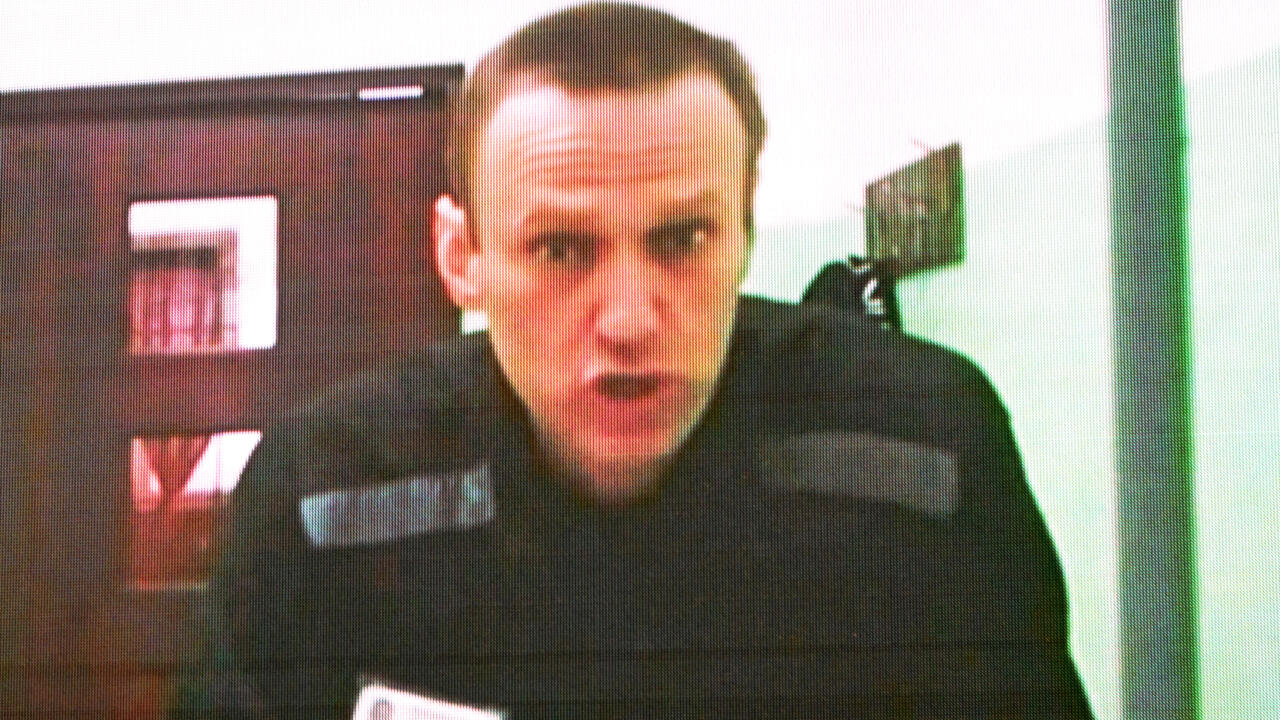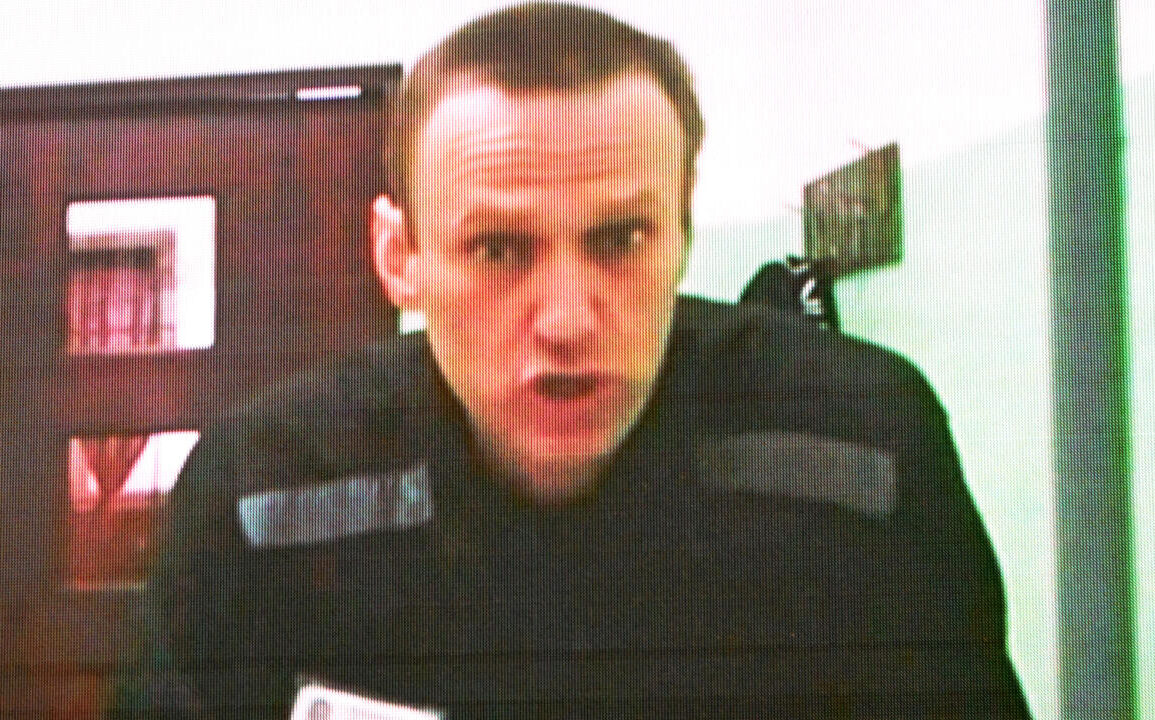
Allies of the jailed Russian opposition leader Alexei Navalny said Monday that they had been unable to locate him for six days, and that he had likely been transferred to another facility.
Issued on: Modified:
2 min
Advertising
Navalny is serving a 19-year prison sentence on extremism charges, and a court this summer ordered to move him to a harsher “special regime” prison colony.
“We still do not know where Alexei is,” his spokeswoman Kira Yarmysh said on social media.
She said his lawyers tried to visit Navalny at the IK-6 facility in the Vladimir region of Russia where he was being held, and tried a “special regime” colony — IK-7 — in the same region.
“They have just been informed simultaneously in both colonies that he is not there,” Yarmysh said.
“They refuse to say where they have taken him,” she said in another post.
The United States said it was “deeply concerned” by reports that Navalny’s whereabouts were unknown and demanded he be released immediately.
“He’s now been gone for allegedly a week and neither his representatives or his family know where he is,” National Security Council spokesman John Kirby said.
“He should be released immediately, he should never have been jailed in the first place,” Kirby told journalists travelling with US President Joe Biden aboard Air Force One.
Kirby added that Washington was going to work with the US embassy in Moscow to look into Navalny’s possible location.
‘He can be anywhere’
His disappearance comes as President Vladimir Putin announced he will run for a fifth term in March, intent on prolonging his long rule.
Since launching its military offensive on Ukraine last February, the Kremlin has escalated its crackdown against Navalny, who opposes Russia’s offensive, as well as his allies and the Russian opposition more broadly.
Moscow has detained thousands of people including high-profile political activists for criticising the conflict and highlighting alleged Russian military atrocities.
Navalny’s allies believe he was taken out of the Vladimir region.
“He can be anywhere,” said Leonid Volkov, another Navalny ally. “What’s worse, he could be transferred for several weeks.”
Russia’s extensive prison system often takes weeks — or even months — to transfer prisoners between far-flung facilities by rail.
Prison officers have in the past often sent Navalny to a solitary punishment cell — where he has spent at least 266 days.
The opposition figure, who has complained of a series of health problems and has lost weight in prison, communicates with the outside world through his lawyers.
Navalny galvanised huge nationwide protests in Russia before he was jailed in 2021 on fraud charges after returning from Germany.
He had been recovering from a poisoning attack with Novichok, a Soviet-designed nerve agent, that he and independent investigators say was carried out by Russian agents.
In August, his initial sentence of nine years was more than doubled to 19 years, as Moscow prosecutors accused him of creating an organisation that undermined public security by carrying out “extremist activities”.
Navalny had established a network of political offices across the country and a corruption watchdog that brought credible graft allegations against political elites.
(AFP)
This post was originally published on this site be sure to check out more of their content.









